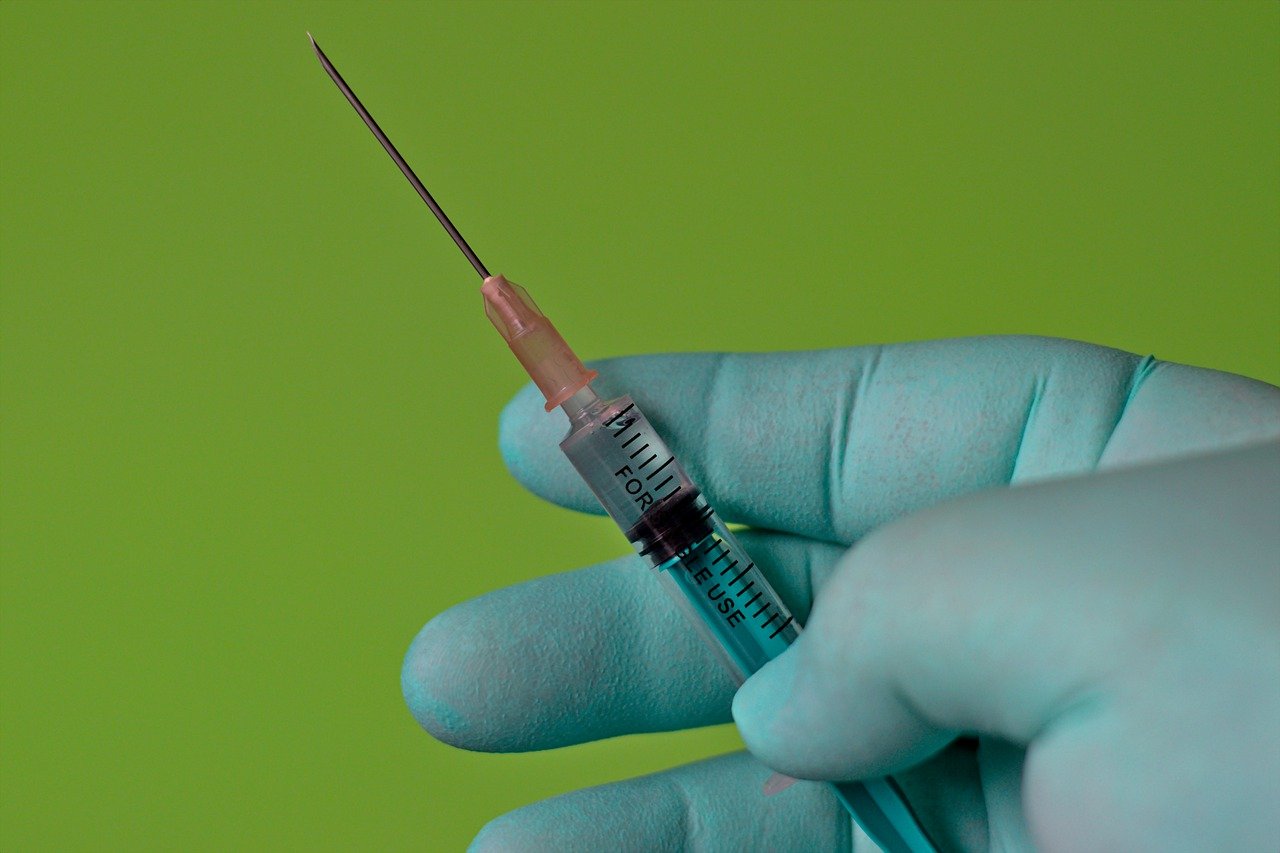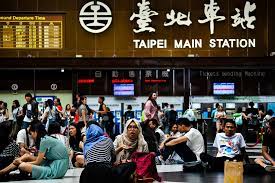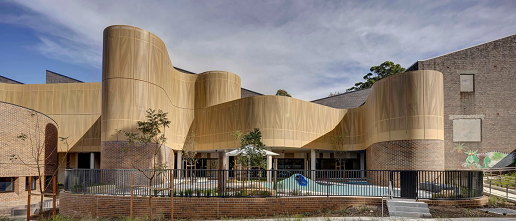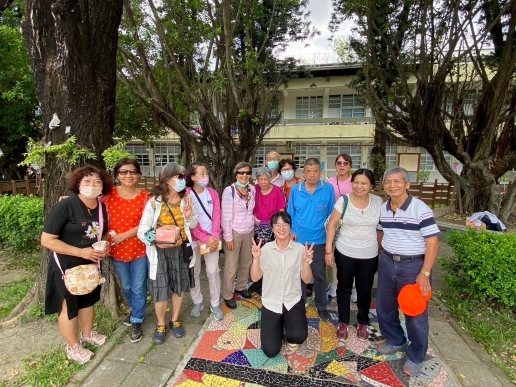According to The China Post, the COVID-19 pandemic has shed light on the poor working conditions of the world’s migrant workers as many countries have experienced outbreaks happening within migrant workers’ communities.
Even though some home helpers live with local families, the majority of migrant workers in Asia live in overcrowded and unsanitary accommodations. More importantly, they are often left out of vaccination campaigns.
The China Post mentions, against this backdrop, a top United Nations official called in March on Asian nations to vaccinate their migrant worker populations, as Asia is home to 40 percent of the world’s migrant workers, according to The Diplomat.
Taiwan
Home to over 700,000 migrant workers, Taiwan has listed foreign caretakers working in long-term care facilities number 6th among the vaccination groups on the country’s priority list. The vaccination of the group kickstarted in April.
Domestic workers working in individual households are not among the caretakers to be vaccinated. However, as Taiwan faces a shortage in vaccines even for frontline medical workers, the vaccination for migrant workers is poised to stall for the next few months.

United Nations official called in March on Asian nations to vaccinate their migrant worker populations. File photo.
Malaysia
Singapore’s neighboring country, Malaysia, which is also the home to around 3 million to around 5.5 million documented and undocumented migrant workers, has also announced similar vaccination plans in April.
Malaysia’s Health Minister said the country will start vaccinating refugees as well as(插圖二)
The China Post says, the migrant workers who do not have documents or those whose documents have lapsed will also be included in the vaccination plan which will likely start in June when vaccine supply has increased.
South Korea
South Korea also included foreign nationals who have stayed in the country for over 3 months, including documented and undocumented migrant workers in its vaccination campaign.
According to The Korea Times, foreign nationals are subjected to the same order and procedures applied to Korean nationals.
However, limited information on vaccination schedules and the country’s inconsistent policies relating to Covid-19 for migrants have also raised concerns that migrants will still be left out of the vaccination plan.
The officials of South Korea have guaranteed that undocumented migrant workers will not be deported for getting vaccinated or tested for the virus, The Straits Times reported.
More articles: Social Distancing App helps with the coronavirus prevention
Singapore
Singapore is probably one of the countries that suffered the most severe outbreaks within the migrant workers’ communities, as 150,000 out of 300,000 migrant workers were infected by the end of 2020, taking up over 90 percent of the country’s total infection number.
Singapore has been vaccinating its migrant workers since March, targeting those living in the country’s five largest dormitories who were not infected by the coronavirus.
Since then, 42,000 of the migrant workers, which roughly takes up 13 to 15 percent of the total migrant worker population have been vaccinated, the Straits Times reported. Officials promised to expand the vaccination campaign progressively to other migrant workers.
More articles: I have infected COVID-19. What should I be aware of?
migrant workers regardless if they are documented or not.
The employers will be responsible for registering their migrant workers who are documented, the Malay Mail reported.

Singapore has been vaccinating its migrant workers since March, targeting those living in the country’s five largest dormitories who were not infected by the coronavirus. Image courtesy of 4-way-news.
Japan
Japan on the other hand has put forward plans to make vaccines available to all foreign residents free of charge, as long as they are registered within a municipality.
Japanese media TimeOut reported that Japan is scheduled to release vaccines to the general public in July including foreigners.
To make the application process easier, related vaccination documents have been translated into 17 languages.
Hong Kong
On the other hand, Hong Kong had announced its compulsory COVID-19 screenings plans and mandatory inoculations for the 370,000 domestic helpers in the city on April 30.
According to the original plan, migrant workers already in Hong Kong will have no choice but to receive vaccine shots while those looking to work in Hong Kong will have to prove they had been vaccinated prior to applying for work visas.
However, the government has suspended the mandatory vaccination plan due to backlash from NGOs as well as both the Indonesian and the Philippines governments.
The plan was called out for being “discriminatory” as it singled out migrant workers and labeled them as “high risk” groups, while white-collar workers were not subjected to the same scrutiny.
The Hong Kong government still insists on conducting compulsory screenings and calls on migrant workers to receive vaccination jabs voluntarily as the city has enough vaccines for all citizens including migrant workers.







